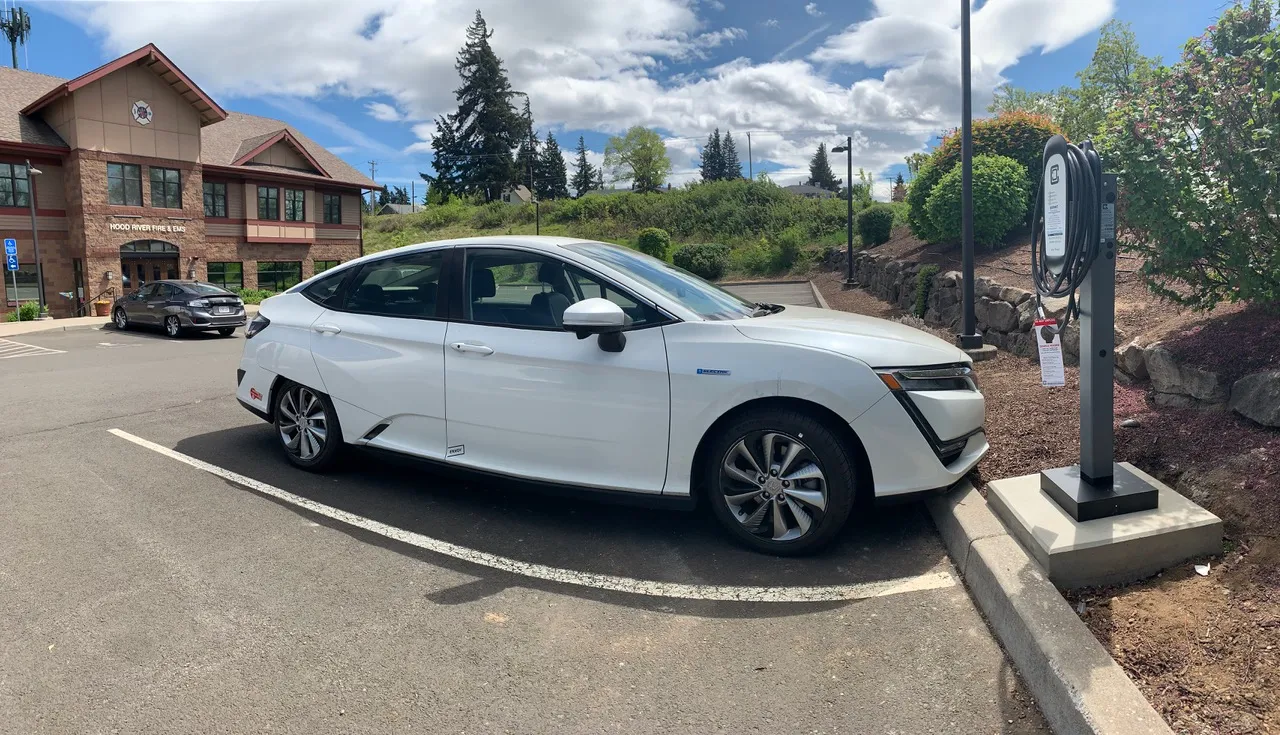
A Lyt study has revealed nine out of 10 city and transit agencies running transit prioritisation technologies are frustrated by providers’ lack of cross-sharing of data.
This is just one issue indicated in a survey of more than 3,000 industry officials, including local municipal officers and transit network decision makers.
Lyt carried out the study to better understand how the respondents are leveraging transit prioritisation technology - such as bus queue jumps, transit signal priority and bus rapid transit lanes - and the opportunity for sharing critical data for systems improvements.
The idea behind such schemes is to reduce traffic congestion or to speed up transit vehicle travel times
But results show that 71% of respondents say their current electronic data provider does not allow for the integration of transit vehicle data with other systems.
Lyt says it is possible that this is taking place because six out of 10 say their current automatic vehicle location or other electronic data provider rely on hardware that is proprietary to their company and not available from other manufacturers.
The company describes this as problematic, especially since 90% of respondents and community officials believe they own their transit vehicle data, not the provider.
Many communities that have yet to implement transit prioritisation technologies say they are considering, but 27% are looking for the right technology provider. A quarter wants to make sure it is budgeted correctly while 15% are seeking private partners to help finance.
Lyt founder Timothy Menard says: “Finding the right partner who can implement the right transit prioritisation system is paramount to the success of every community’s transportation network. The identification of a partner who has a successful track record for technology implementation and success using sharing of data is even more important than finding budget in many cases.”










